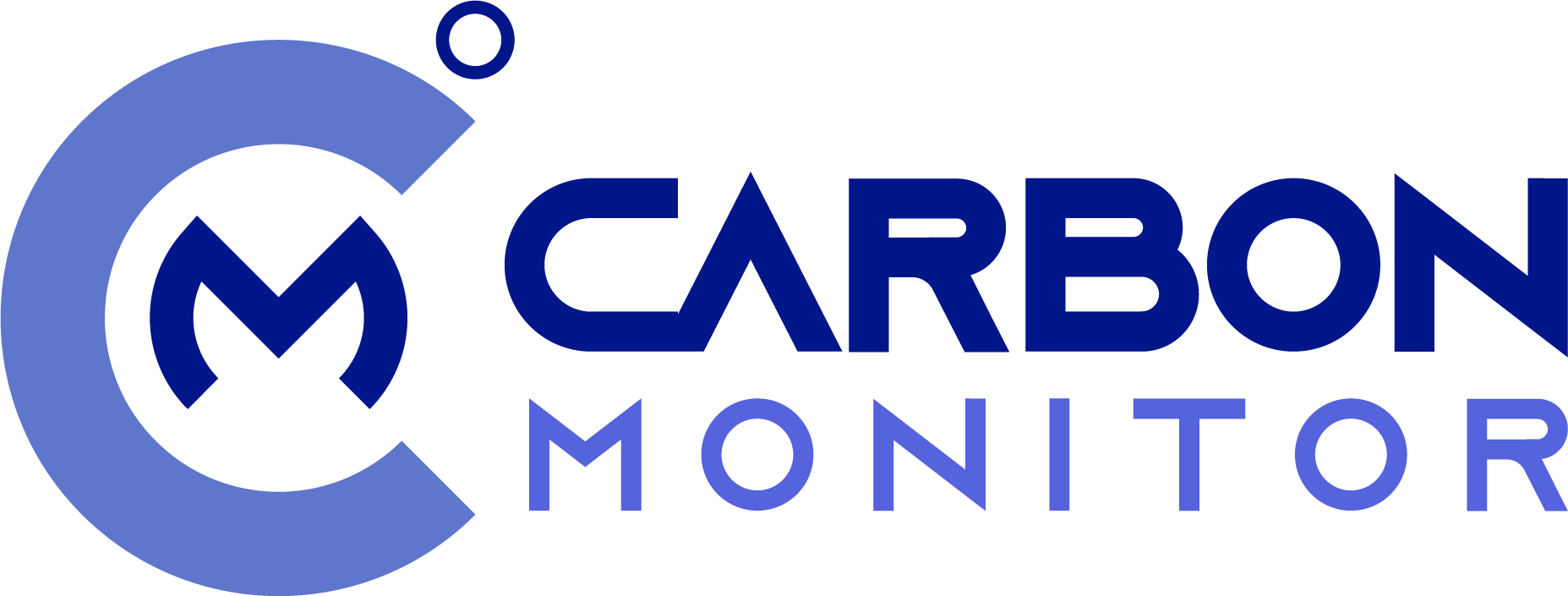Regulators and enforcement agencies have been urged to clamp down on companies that repeatedly ‘climate wash’ by overstating the emissions savings delivered through climate solutions and carbon offset projects in a new report from researchers at the Grantham Research Institute on Climate Change and the Environment at the LSE and law firm DLA Piper.
The report, entitled Corruption and integrity risks in climate solutions: An emerging global challenge, calls on legislators to introduce “specific legislation to prevent climate-washing through false or misleading advertisements and introduce regulation of voluntary carbon markets”.
And it calls on regulators and enforcement agencies to “implement strict and proactive enforcement action for repeat offenders of climate-washing”.
Greenwashing specifically related to climate change occurs when companies or governments make false claims about their climate impact, hide important information that could help evaluate the meaning or context of their claims, or using vague or ambiguous terms to describe the measures they have adopted.
There are fears that a failure to crackdown on this climate washing will result in a share of the investment being put towards the net zero transition being diverted towards projects that are failing to deliver promised savings, or are even engaged in criminal activity.
“Without proper safeguards against corruption and poor integrity practices, resources for the delivery of climate solutions may be diverted away from the pursuit of genuine progress,” said Tiffany Chan, policy analyst at the Grantham Institute. “The necessary scale and speed of transformation for a low-carbon transition makes corruption in climate solutions a high risk area, and one that is ripe for swift regulation.”
The report focuses on how governments can better police corruption in mandatory and voluntary carbon markets. It urges regulators and enforcement agencies to undertake a “comprehensive analysis” of fraud risks in carbon pricing schemes, from carbon taxes to emissions trading schemes.
A history of VAT fraud in the EU Emissions Trading Scheme should be carefully noted by all countries introducing their own emissions trading schemes, the authors said, predicting that fraud risk will increase as carbon prices increase.
The report also calls on companies to undertake “structured anti-bribery risk assessment” to cover climate-related activities so as to reduce their exposure to risks and boost the credibility of climate solutions.
And it calls on regulators to set out “clear guidance on how existing criminal legislation on anti-bribery, money laundering and other financial risks, applies to climate solutions”.
The report sets out a framework for understanding corruption and integrity risks emerging in climate solutions, setting out three overarching categories: namely, the misuse and diversion of financial flows; climate-washing; and abuse of process. For each pillar, the authors assess the adequacy of existing legal frameworks.
The study is published a day after the UK’s competition authority launched an investigation into Worcester Bosch, after the boiler manufacturer claimed its fossil gas boilers were “hydrogen blend ready”.
Want to understand what is going on at the cutting edge of sustainability? Check out BusinessGreen Intelligence – the premier information for professionals focused on the UK’s green economy.










